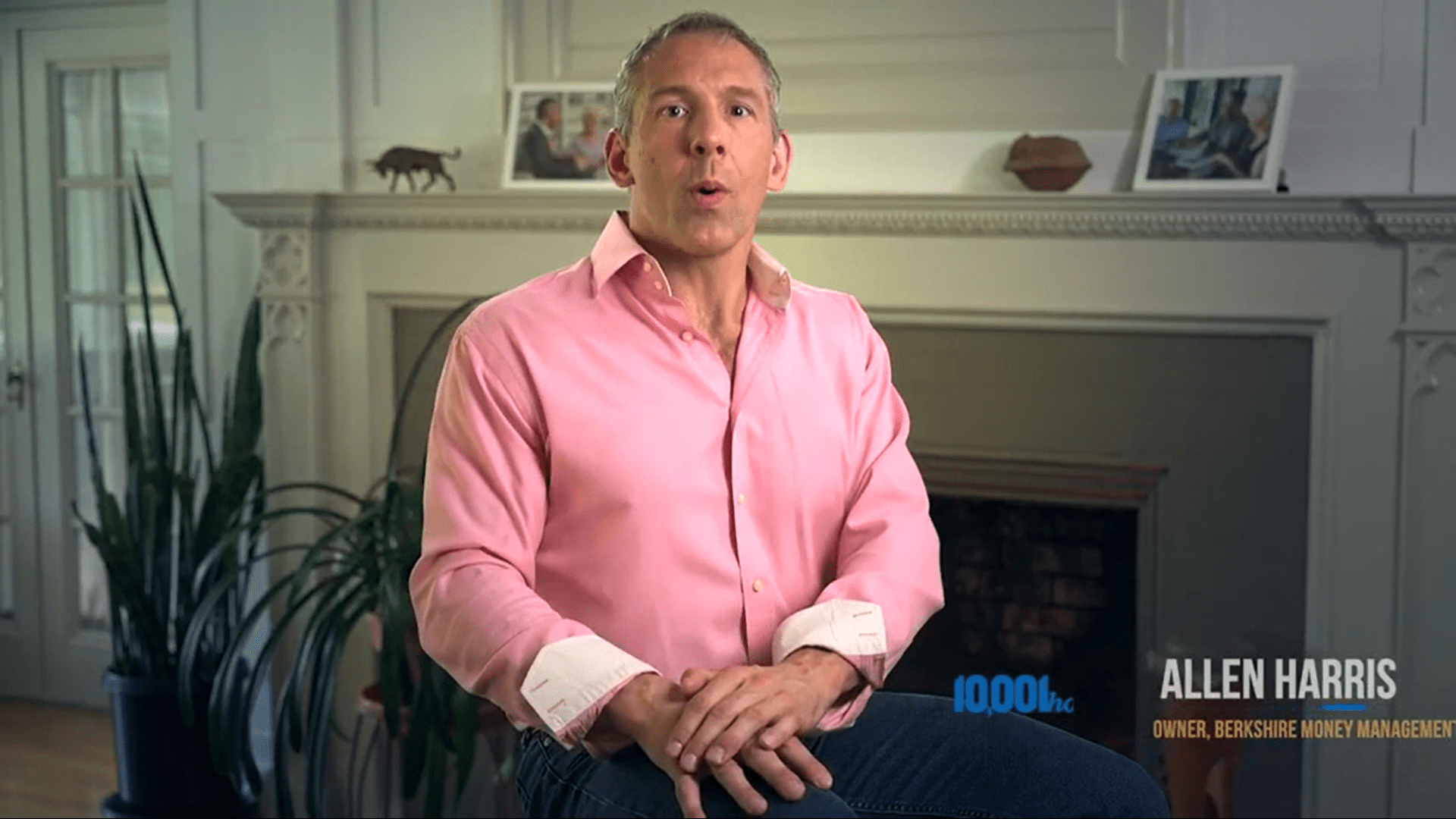Warren Buffett, head of Berkshire Hathaway and famed investor, isn’t like most of us. In one way he’s not like us is that he’s already done all the things we’re talking about. And another way he’s different than us is that he has his own airplane and pilot. As far as pilots go, he’s one of the most successful – he’s flying for Warren, and he flew for former US presidents. But he wanted more so he asked Warren for his advice on how to get ahead.
Warren said to write down his top 25 business goals. Then Warren said to circle the top 5 on that list. Then separate those two lists and focus only on your top 5. The pilot said, “got it – I’ll prioritize those top 5 then get to work on the other 20 intermittently, when I have time”, to which Warren responded, “You’ve got it all wrong – those 20 other things is your Avoid-At-All-Cost list. No matter what, you personally don’t touch these other things.”
The Hub is the owner. Consider the airport model and its hub and spoke system. If you’ve ever flown Delta, you know its hub is Atlanta – virtually all Delta flights connect to ATL. If something goes wrong with the hub, all its spokes are negatively affected.
You, as am owner, don’t want to be a hub. You don’t want everything to revolve around your presence or decision making. The more dependent the company is on you personally, the less you are going to score on Hub and Spoke. If your company is overly dependent on you, then not only are you limiting growth, but you are making the company less valuable by placing that value directly on you instead.
The problem for business owners is that many of us have a bit of this mentality where we feel that everything needs to flow through us. Or, conversely, we try to detach ourselves from the minutia but we haven’t done a great job making our employees feel empowered enough to make higher level decisions on their own.
I used to be guilty of this, but I can offer you a more fun way to get over it than I did. For me, I went in for a hip replacement surgery in 2010 and I planned for months ahead of time to be out of the office for five weeks. And not just out of the office with limited access to work, I shut myself off so that I could completely focus on recovery. I came back to the office and clients were happy, and bills were paid, and the floors were swept, and every other little thing that needed to get done was getting done. I prepared the processes, and I empowered my people.
I advise you try a different approach. Go on vacation for a week and don’t check your e-mails or calls, even if you want to (and I know you’ll want to). When you come back you can begin to realize which responsibilities you can safely, and smartly, allow to be delegated. The easiest ones to offload first are those that are repeating and teachable.
